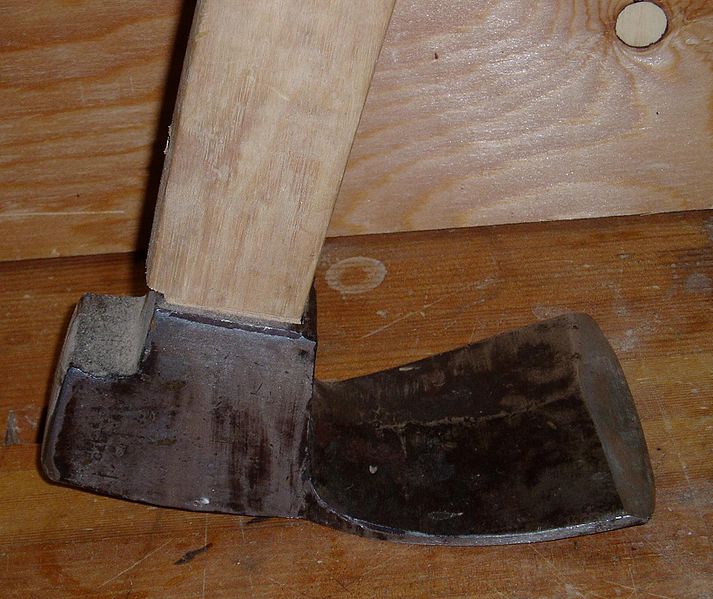Translations, Brian Friel
Here new.
Here new or used.
Here used.
BEFORE READING
This is a play about identity, place, culture, history, and language.
How does the time and place we live in shape who we are? (The play is about the west of Ireland in the 19th century, but we could ask the same question about living in Gloucester in the early 21st century.)
How does the local culture shape who are? How does the larger culture (of which the local is part) shape who we are? What happens when the immediate culture is at odds with the larger culture? Do the play's characters embrace the traditions of west Ireland or do they embrace the new British ways? And you? What is your relationship to local culture, mass culture, micro-cultures, subcultures?)
How does history shape who are? How does language shape who are?
And, finally, and perhaps most importantly how do individuals create their own answers to all of these questions? How do individuals deal with geographic, cultural, historical, linguistic forces? Do we push back? Do we learn to cope? Do we flee? Do we cross borders? Our answers define our lives and can redefine place, culture, history, and language. This is the stuff of life--when life is lived consciously.
Now a bit of quick context:
The play is set in the 19th century in the west of Ireland.
At this time, the Irish (especially in the west) still speak Irish Gaelic (a language the Irish call, simply, Irish).
However, Ireland is still a colony of Great Britain, so the British set out on a project to anglicize the names of places in Ireland. ("Anglicize" means to translate into English words or English sounds. The name of your family may have been anglicized at some point in your family's history. We'll talk about this.)
The British want the Irish to speak English.
More context: you should be aware that the British win. Furthermore, despite the efforts of the Irish government after Ireland won independence in the early 20th century, English is still the predominant language on the island--although Irish (the language) is a mandatory subject in Irish schools and there are areas (mostly in the west) called gaeltachts where the dominant language is Irish. (In the States we call the language "Gaelic"; in Ireland they call it "Irish"; when speaking to USAmericans, I tend to compromise by saying "Irish Gaelic.")
WHILE READING (with help from teachit.co.uk 4047. doc)
* In your journal make note of the various "translations" in the play: translation is about language but also persons, places, things and conditions; translation is about movement, motion, things on the move and changing; translation is about crossing borders, moving something from one condition or position across a border to another position; translation is a kind of transformation. Think about translations, borders, and crossing borders (and languages). Note all of the translations in the play.
* Think about translation and power, which is to think about language, culture, and colonialism. Who controls the language? Who controls the culture? Who controls the translations and, therefore, the transformations? Where do you see Friel explore these questions in the play? (Mark passages. Make notes.)
Kenyan novelist Ngugi wa Thiong'o writes: "Language carries culture, and culture carries...the entire body of values by which we come to perceive ourselves and our place in the world.... Language is thus inseparable from ourselves as a community of human beings with a specific form and character, a specific history, a specific relationship to the world." When you lose the power over language do you lose the power over culture, identity, and self-definition? Where do you see Friel explore this question in the play? (Mark passages. Make notes.)
* Think about translation and connection. Translation can be an attempt to transcend the boundaries of language and culture. Translation can, therefore, be about creating new identities, new connections, new understandings. This sort of translation, transformation, border crossing can be renewing but also can be dangerous. Where do you see this in the play? (Mark passages. Make notes.)
AFTER READING
* Respond to the theme of "translation" on the blog (300+ words). Refer to specific passages. Close analysis of scenes and quotations is important. Show me you understand the particulars of the play and their relationship to the meaning and effect of the whole play.
* In a second response on the blog (300+ words), write a perfect reflection about the theme of "translation" in your experience of the world and/or observations of others in the world. Be specific. Be insightful.
Friday, June 13, 2008
Subscribe to:
Post Comments (Atom)














No comments:
Post a Comment